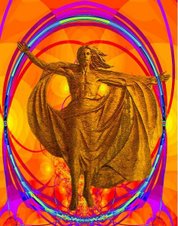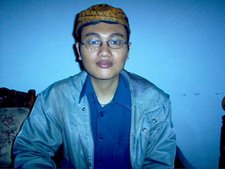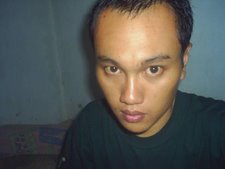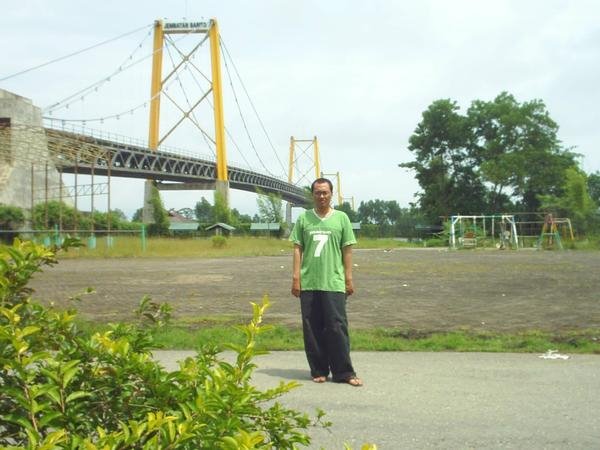Wednesday, August 22, 2012
British Solomon Islands
From Wikipedia, the free encyclopedia
Jump to: navigation, search
British Solomon Islands Protectorate of the British Empire was established when missionary activity started in the mid 19th century and European colonial ambitions led to the establishment of a German Protectorate over the Northern Solomons, following an Anglo-German Treaty of 1886. A British Solomon Islands Protectorate over the southern islands was proclaimed in June 1893. German interests were transferred to the United Kingdom under the Samoa Tripartite Convention of 1899, in exchange for recognition of the German claim to Western Samoa.
Contents
1 World War II
1.1 Biuku Gasa and Eroni Kumana
1.2 War consequences
2 Towards independence
World War II
American B-17 bombers over Gizo.
Main articles: Solomon Islands campaign and Guadalcanal Campaign
Japanese forces occupied the Solomon Islands in January 1942. The counter-attack was led by the United States; the 1st Division of the US Marine Corps landed on Guadalcanal and Tulagi in August 1942. Some of the bitterest fighting of World War II took place on the islands for almost three years.
Tulagi, the seat of the British administration on the island of Nggela Sule in Central Province was destroyed in the heavy fighting following landings by the US Marines. Then the tough battle for Guadalcanal, which was centred on the capture of the airfield, Henderson field, led to the development of the adjacent town of Honiara as the United States logistics centre.
Biuku Gasa and Eroni Kumana
Islanders Biuku Gasa (deceased 2005) and Eroni Kumana (Gizo) were Allies scouts during the war. They became famous when they were noted by National Geographic for being the first men to find the shipwrecked John F. Kennedy and his crew of the PT-109 using a traditional dugout canoe. They suggested the idea of using a coconut which was later kept on the desk of the president to write a rescue message for delivery. Their names had not been credited in most movie and historical accounts, and they were turned back before they could visit President Kennedy's inauguration, though the Australian coastwatcher would also meet the president. They were visited by a member of the Kennedy family in 2002, where they still lived in traditional huts without electricity.
War consequences
The impact of the war on islanders was profound. The destruction caused by the fighting and the longer-term consequences of the introduction of modern materials, machinery and western cultural artefacts, transformed traditional isolated island ways of life. The reconstruction was slow in the absence of war reparations and with the destruction of the pre-war plantations, formerly the mainstay of the economy. Significantly, Solomon Islanders experience as labourers with the Allies led some to a new appreciation of the importance of economic organisation and trade as the basis for material advancement. Some of these ideas were put into practice in the early post-war political movement "Maasina Ruru"—often corrupted to "Marching Rule".
Towards independence
Stability was restored during the 1950s, as the British colonial administration built a network of official local councils. On this platform Solomon Islanders with experience on the local councils started participation in central government, initially through the bureaucracy and then, from 1960, through the newly established Legislative and Executive Councils. Positions on both Councils were initially appointed by the High Commissioner of the British Protectorate but progressively more of the positions were directly elected or appointed by electoral colleges formed by the local councils. The first national election was held in 1964 for the seat of Honiara, and by 1967 the first general election was held for all but one of the 15 representative seats on the Legislative Council (the one exception was the seat for the Eastern Outer Islands, which was again appointed by electoral college).
Elections were held again in 1970 and a new constitution was introduced. The 1970 constitution replaced the Legislative and Executive Councils with a single Governing Council. It also established a 'committee system of government' where all members of the Council sat on one or more of five committees. The aims of this system was to reduce divisions between elected representatives and the colonial bureaucracy, and to provide opportunities for training new representatives in managing the responsibilities of government. It was also claimed that this system was more consistent with the Melanesian style of government, however this was quickly undermined by opposition to the 1970 constitution and the committee system by elected members of the council. As a result, a new constitution was introduced in 1974 which established a standard Westminster form of government and gave the Islanders both Chief Ministerial and Cabinet responsibilities. Solomon Mamaloni became the country's first Chief Minister in July 1974.
http://en.wikipedia.org/wiki/British_Solomon_Islands
Subscribe to:
Post Comments (Atom)







No comments:
Post a Comment